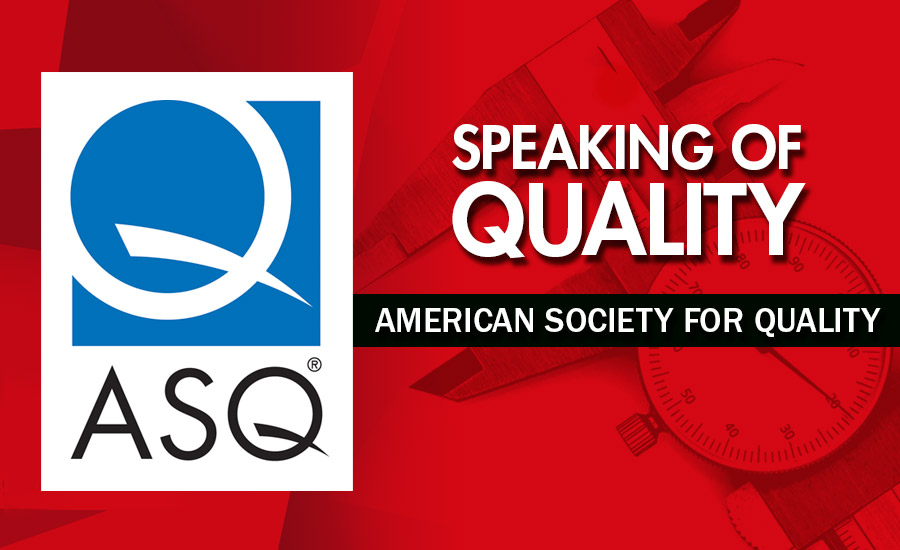Certificates v. Certifications in the Quality Industry
The confusion between certificates and certification still exists.

Back in October 2012, our column was dedicated to clearing up the difference between training certificates and certifications. At the time, ASQ had been offering certifications for the quality professional for nearly 45 years. This year we are celebrating 50 years. Between 2012 and today, changes have been made. Perhaps the most significant change has been transferring a paper exam system to computer-based. However, the confusion between certificates and certification still exists. This article will revisit this topic to help you and your colleagues choose the correct program type for your job and career.
As of September 2012, ASQ offers 18 quality certifications, including the Certified Quality Engineer (CQE), Certified Quality Auditor (CQA), and Certified Manager of Quality/Organizational Excellence (CMQ/OE). Over the years we have done our share of explaining the difference between certificate and certification. All manufacturing professionals hear and see the words certificate and certification regularly, but what do they really mean? Are they interchangeable terms?
According to the Merriam-Webster Dictionary,
a certificate is:
“a document containing a certified statement especially as to the truth of something; specifically: a document certifying that one has fulfilled the requirements of and may practice in a field.”
The same dictionary offers this definition of certification:
“the act of certifying: the state of being certified.”
Readily apparent is that both definitions include the words certifying and certified. While this will certainly disturb English teachers who told us never to define a word using derivatives of that word, clarity can be found through the words “document” and “state.” It comes down to this: a certificate is a piece of paper; a certification is the process for demonstrating proficiency and comprehension in your given field. In other words, you receive a certificate; you achieve a certification. To put this argument to rest, certificate and certification are not interchangeable terms, and there is a need for both of them in business.
When you complete a training session, you want something to acknowledge the accomplishment. Certificates fulfill that need, offering tangible evidence that requirements have been met. However, when it comes to a skill set, completing is not enough. There needs to be evidence of experience and knowledge. This is where certification comes in.
Certification is a proven differentiator. We have seen that more and more companies require professional certifications for employment. Many companies also build certification into employee professional development plans. ASQ members tell us of the benefits they receive from their company and co-workers: upper management recognition, career advancement, increased salary. While a certification doesn’t always lead to monetary gain, the latest Quality Progress Salary Survey indicates that the majority of certified professionals receive higher pay than their noncertified coworkers.
Organizations need individuals with specific, proven skills—and they are willing to pay for it to fulfill immediate staffing needs. There is also evidence that companies find certification programs as a long-term benefit.
With baby boomers readying for retirement, companies face significant concerns about knowledge transfer as younger workers join their organizations. Adding to this dilemma, data from the Manufacturing Institute shows significant skill gaps in the following areas:
- technology/computer skills, 70%
- problem-solving skills, 69%
- basic technical training, 67%
- math skills, 60%
“The skills gap in manufacturing,” Manufacturing Institute and Deloitte, 2015. Note: Percentage indicates the percentage of executives who did not opt for “Extremely sufficient”
or “Sufficient.”
Experienced workers need relevant, proven professional development programs they can rely on for continued growth. Students and individuals new to the workforce need the same programs available to them in order to build a professional foundation, providing them with a broad array of job opportunities. Getting involved in certification programs assists workers in accomplishing any of these goals. For your hard work, you will achieve a certification—and receive a certificate.
Looking for a reprint of this article?
From high-res PDFs to custom plaques, order your copy today!








